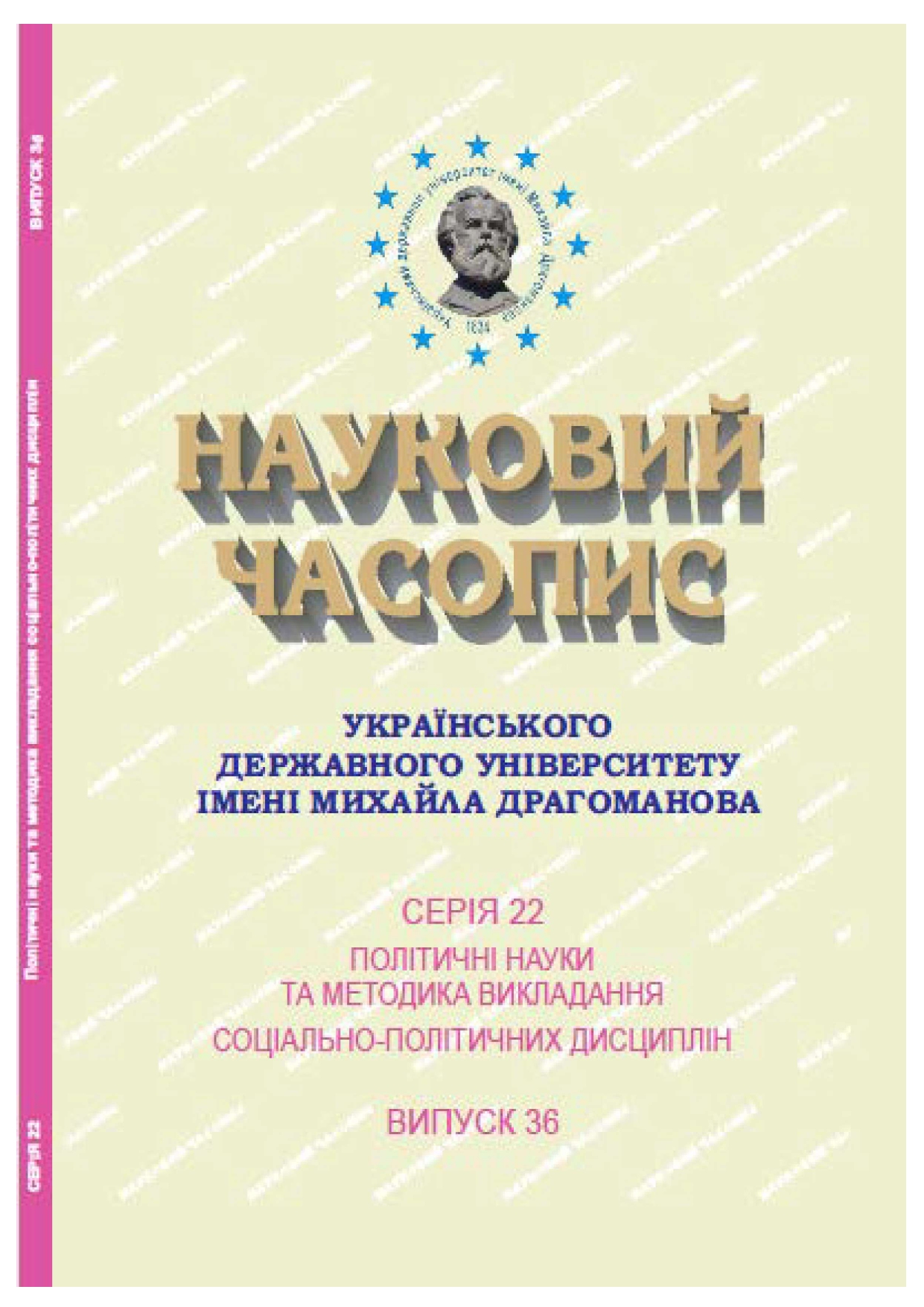Modern Media as a Platform for Populism: Communication and Political Aspects
DOI:
https://doi.org/10.31392/UDU-nc.series22.2024.36.02Keywords:
populism, socio-political landscape, electoral process, political technologies, means of communicating information, information security, media, armed aggression.Abstract
The article examines the phenomenon of populism in modern democracies, where populist movements are gaining more and more influence on the political landscape. The author analyzes the situation in countries such as Slovakia, Austria, the Netherlands, France, Italy, and Germany, and concludes that populists, although not always forming governments, have a significant impact on political discourse and decision-making. This phenomenon is becoming one of the key features of the political reality in Europe and the United States and reflects profound socio-economic transformations, including economic instability, migration crises, growing distrust of traditional political elites, and voter dissatisfaction with the political system.
The article emphasizes that the media, especially social media, have become a new platform for political populism. Due to the information revolution accompanying the rapid development of technology, new “means of communication” allow populists to convey their ideas directly to the audience, bypassing the filters previously imposed by traditional media such as television, radio and newspapers. Social media allow politicians and activists to directly address their constituents using simplified rhetoric that is easily digestible and actively shared among users. This contributes to the spread of disinformation, manipulative messages and the creation of emotionally charged content that reinforces populist rhetoric. The concept of “means of communication” was introduced, which characterizes the transition from traditional media channels to new, more dynamic and less controlled sources of information. However, new platforms have virtually removed these restrictions, allowing for a faster spread of ideas, including radical and populist views. This has a significant impact on political reality, contributing to the transformation of the political landscape. The rise of populism poses a significant challenge to democratic institutions, particularly in the context of globalization and rapid technological change. The growing role of media and social networks in political processes poses a threat to political stability, as the public is exposed to information influences and manipulations. This also affects the information security of countries, especially those under external pressure. Particular attention is paid to the possible consequences of the growing influence of populist movements for international support for Ukraine. The author emphasizes the importance of developing new approaches to the formation of information and foreign policy, which would reduce the influence of populist ideas and disinformation. In the context of the information revolution taking place against the backdrop of global political changes, Ukraine needs to strengthen its ties with European partners to ensure that it maintains stable international support.

